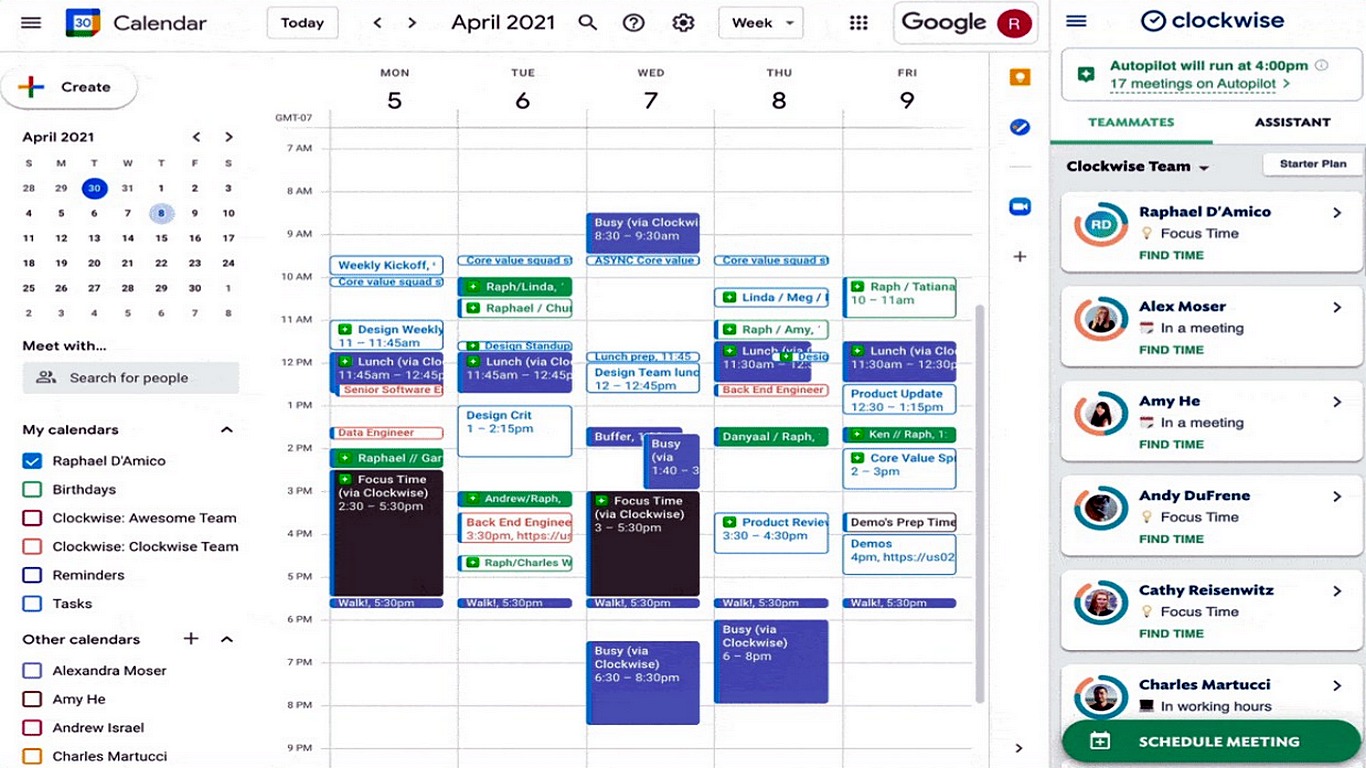Can You Learn Business on Your Own?
Business education plays a vital role in shaping the future of individuals and organizations. It equips aspiring entrepreneurs and professionals with the necessary skills, knowledge, and mindset to navigate the complex world of business. While traditional business education has been the norm for many years, the rise of technology and online learning has made it possible for individuals to learn business on their own terms.
What does business education mean? Business education encompasses various disciplines, including finance, marketing, management, and entrepreneurship. It provides individuals with a comprehensive understanding of how organizations function and thrive in a competitive marketplace.
Learning business on your own is a challenging yet rewarding endeavor. It requires self-motivation, discipline, and a thirst for knowledge. By taking control of your learning journey, you have the freedom to explore topics that interest you and tailor your education to your specific needs and goals.
Understanding Business Education

Business education goes beyond textbooks and lectures. It is an immersive experience that combines theoretical concepts with real-world applications. Through business education, students develop critical thinking, problem-solving, communication, and leadership skills.
What do business students learn? Business students acquire a diverse set of skills and knowledge. They learn the fundamentals of economics, finance, marketing, and management. They gain insights into market trends, consumer behavior, and strategic decision-making. Business education also emphasizes the importance of ethical practices and cultural sensitivity.
Moreover, business education fosters an entrepreneurial mindset, encouraging students to think outside the box and seize opportunities. It cultivates collaboration and teamwork, essential attributes in a globalized and interconnected world.
By embracing business education, individuals gain a solid foundation for a successful career, whether as an entrepreneur, business leader, or industry expert.
Traditional Business vs. E-business: Key Differences
The advent of technology and the internet has revolutionized the way we conduct business. Traditional business refers to brick-and-mortar establishments, while e-business encompasses online ventures. Understanding the differences between the two is crucial in today’s digital age.
What are the differences between e-business and traditional business? Traditional businesses rely on physical locations, face-to-face interactions, and conventional marketing methods. On the other hand, e-business operates in the digital realm, utilizing websites, online platforms, and social media for customer engagement.
E-business offers several advantages, including a broader reach, lower overhead costs, and increased flexibility. However, it also presents challenges such as cybersecurity risks and intense competition in the online marketplace.
Traditional business, while more established, must adapt to the changing landscape by integrating e-commerce and digital marketing strategies to remain competitive. The key lies in finding a balance between the traditional and digital approaches to achieve business success.
The Rise of Online Learning in Business Education
Online learning has gained significant popularity in recent years, and business education is no exception. E-learning provides individuals with the flexibility to learn at their own pace, regardless of their location. But is e-learning effective?
E-learning offers a range of benefits. It allows for personalized learning journeys, interactive content, and access to industry experts from around the world. Students can engage in virtual discussions, participate in online simulations, and leverage various multimedia resources to enhance their learning experience.
However, e-learning also poses challenges, such as the need for self-discipline and effective time management. Without the structure of a traditional classroom, learners must take responsibility for their education and stay motivated. Developing efficient study habits and creating a conducive learning environment are key to maximizing the benefits of online learning.
In conclusion, e-learning has proven to be an effective method of acquiring business knowledge. It provides individuals with the opportunity to learn business on their own terms, empowering them to succeed in a rapidly evolving world.
Exploring Business Education Degrees

Business education offers a wide range of degree options to suit different interests and career goals. Each degree type provides unique insights and prepares individuals for diverse roles within the business world.
What is a business education degree? A business education degree encompasses undergraduate and graduate programs such as Bachelor of Business Administration (BBA), Master of Business Administration (MBA), and specialized master’s degrees in areas like finance, marketing, and entrepreneurship.
A BBA degree provides a comprehensive overview of business fundamentals, while an MBA offers a more in-depth understanding of strategic management and leadership. Specialized master’s degrees focus on specific areas of business and provide expertise in niche industries.
A business education degree equips individuals with the necessary knowledge and credentials to pursue various career paths. From entry-level positions to executive roles, these degrees open doors to opportunities in diverse industries.
The Role of Machine Learning in Business Analytics
In the age of big data, machine learning has emerged as a powerful tool in business analytics. It involves the use of algorithms and statistical models to enable computers to analyze large datasets and make predictions.
What is machine learning in business analytics? Machine learning enables businesses to uncover patterns, trends, and insights from vast amounts of data. It enhances decision-making processes, enables targeted marketing campaigns, and facilitates predictive analysis.
Real-life examples of machine learning in business include fraud detection in banking, personalized product recommendations on e-commerce platforms, and demand forecasting in supply chain management. Machine learning algorithms continuously learn and improve their predictions based on new data.
The application of machine learning in business analytics is transforming industries and revolutionizing traditional approaches to solving complex problems.
Embracing Educational Trends in Business Learning

Educational trends play a significant role in shaping the future of business learning. Staying updated with the latest developments is essential for individuals and organizations seeking to remain competitive in the ever-changing business landscape.
E-learning is one of the most prominent educational trends in business learning. It enables individuals to access high-quality courses and learning resources anytime, anywhere. Online platforms offer a wide range of courses, from business fundamentals to specialized topics such as digital marketing and data analytics.
Technological advancements such as virtual reality (VR) and augmented reality (AR) are also making their way into business education. These immersive technologies enhance engagement and provide realistic simulations for hands-on learning.
Businesses must also embrace the shift towards lifelong learning. Continuous skill development and upskilling are essential for professionals to adapt to changing industry demands.
Tips for Studying Business Online
Studying business online requires discipline, self-motivation, and effective time management. Here are some practical tips for making the most of your online learning journey:
- Create a dedicated study space: Designate a quiet and comfortable area for your studies to minimize distractions.
- Set clear goals: Establish specific learning objectives and create a study plan to stay organized and focused.
- Develop a routine: Create a consistent schedule that allows for dedicated study time, breaks, and leisure activities.
- Engage with the learning community: Participate in online forums, virtual discussions, and group projects to connect with fellow learners.
- Utilize multimedia resources: Take advantage of videos, podcasts, and interactive tools to enhance your understanding of business concepts.
- Practice self-discipline: Stay motivated and hold yourself accountable for completing assignments and staying on track.
- Seek clarification when needed: Reach out to instructors or fellow learners for help and clarification when encountering difficult concepts.
- Take breaks and prioritize self-care: Avoid burnout by scheduling regular breaks and prioritizing self-care activities.
- Stay organized: Use online tools and applications to manage your study materials, deadlines, and tasks.
- Review and reflect: Regularly review and reflect on the material you have learned to reinforce your understanding and identify areas for improvement.
By implementing these tips, you can optimize your online learning experience and make significant progress towards your business education goals.
Leveraging Google Calendar for Business Management

Google Calendar is a powerful tool for managing business-related tasks, appointments, and schedules. It offers a range of features and functionalities that can streamline your day-to-day operations.
Why use Google Calendar for business management? Firstly, it allows you to create and share multiple calendars, making it easy to organize and collaborate with teammates. You can color-code events, set reminders, and schedule recurring tasks.
Google Calendar integrates seamlessly with other Google services, such as Gmail and Google Drive, enabling efficient communication and document sharing. It also syncs across devices, ensuring you have access to your schedule on the go.
Practical examples of using Google Calendar for business management include scheduling client meetings, planning project timelines, and setting personal reminders for important deadlines. By leveraging the features of Google Calendar, you can enhance productivity and stay organized in your business endeavors.
Breaking the Tradition: Taking the Mystery Out of Business
Business education is often surrounded by misconceptions and stereotypes that can hinder individuals from pursuing this field. Taking the mystery out of business involves demystifying these concepts and encouraging an inclusive and accessible learning environment.
Taking the Mystery Out of Business is essential to inspire individuals from diverse backgrounds to pursue their entrepreneurial endeavors. Leadership coaches and industry experts advise aspiring business professionals to focus on their passion, develop their skills, and seek mentorship from successful business leaders.
Perhaps one of the most significant steps in breaking the tradition is dispelling the notion that business is solely about profit and competition. Business education emphasizes the importance of ethical practices, social responsibility, and sustainability.
By highlighting the human aspect of business and showcasing the positive impact it can have on individuals and communities, we can foster a generation of purpose-driven business leaders.
Business education is a valuable asset in today’s dynamic world. While traditional education has its merits, the rise of online learning has made it possible for individuals to take charge of their business education journey.
By understanding the fundamentals of business and continuously learning and adapting to emerging trends, aspiring entrepreneurs and professionals can gain the necessary skills and knowledge to succeed.
It’s time to embrace the opportunities provided by e-learning, explore different business education degrees, leverage technological advancements, and debunk the myths surrounding business.
So, can you learn business on your own? Absolutely. With dedication, passion, and the right resources, the possibilities are endless. Start your journey today and unlock the doors to a world of business opportunities.
